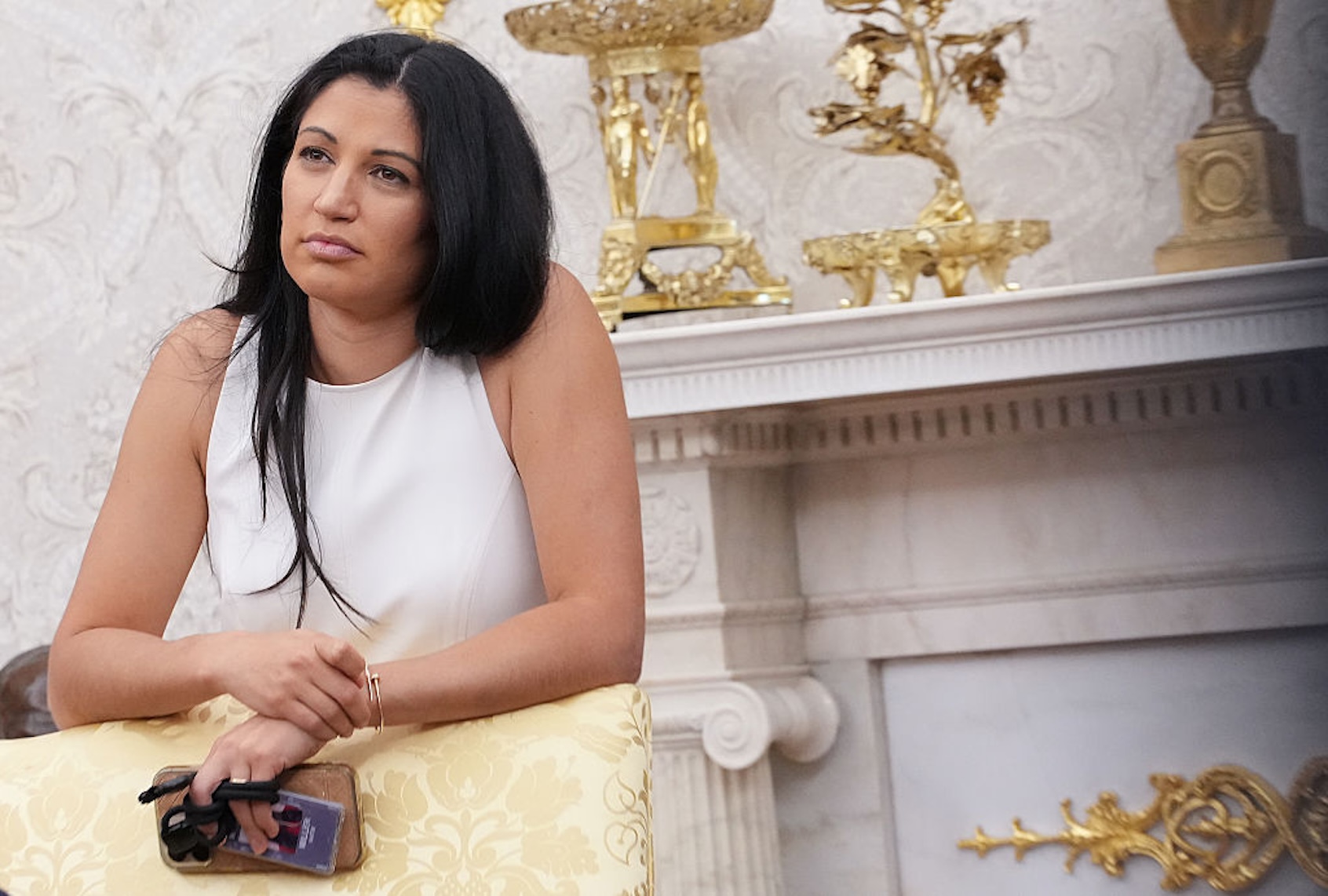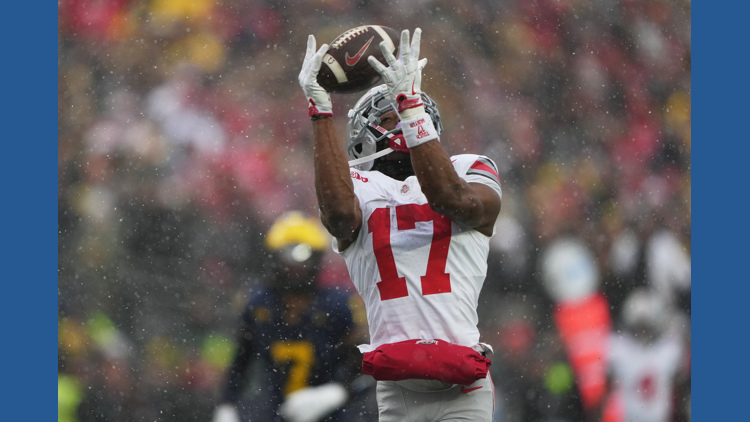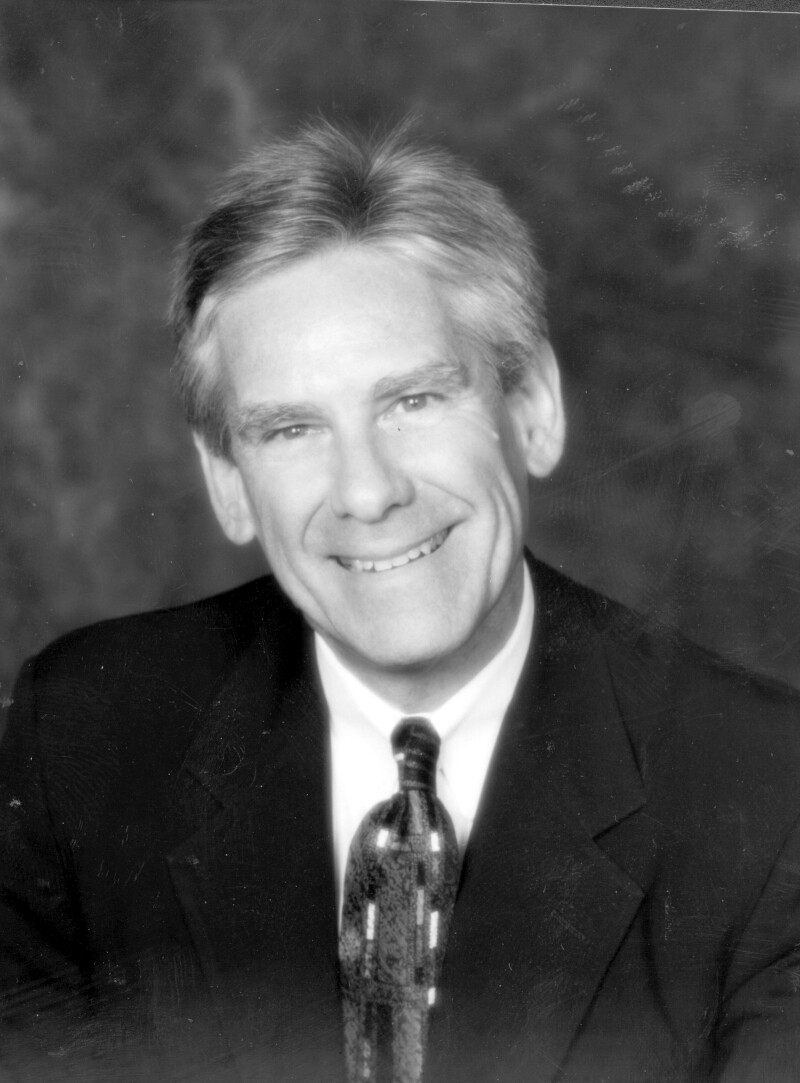Katie Miller, the wife of White House Deputy Chief of Staff Stephen Miller, made headlines during a heated debate on October 29, 2025, when she suggested that political commentator Cenk Uygur should verify his citizenship. The exchange took place on the show “Piers Morgan Uncensored,” where the discussion centered around New York mayoral candidate Zohran Mamdani.
The debate escalated quickly as Miller and Uygur exchanged sharp criticisms. Miller accused Uygur of promoting “racist, bigoted rhetoric” regarding Israel, while Uygur responded by labeling Miller a habitual liar. The tension reached a peak when Uygur claimed that Israel received a “pass” for actions against Palestinians. In response, Miller insinuated that Uygur’s citizenship could be scrutinized, stating, “You better check your citizenship application and make sure everything is correct. Because you’ll be just like Ilhan Omar.”
This remark drew immediate attention, as it appeared to reference the controversies surrounding Omar, a Democratic Congresswoman known for her vocal criticism of Israel. Uygur’s citizenship status became a focal point of Miller’s argument, which has raised concerns about the implications of such threats in political discourse.
At one point, Miller threatened to leave the show, accusing Uygur of using what she termed “coded” anti-Semitic language. Progressive political analyst Omar Baddar intervened, labeling the exchange as “ridiculous.” He emphasized that personal criticisms do not equate to anti-Semitic attacks, stating, “Yes, Stephen Miller is a destructive force on American society. That is not an attack on Jews. That has no reference to his identity. This is an attack on him individually.”
The debate highlighted the increasingly polarized nature of political discussions in the United States. Critics have noted that personal attacks often overshadow substantive policy discussions, making it difficult for viewers to discern the merits of various arguments.
The incident serves as a reminder of the charged atmosphere surrounding political commentary in contemporary media. As public figures engage in increasingly confrontational exchanges, the line between vigorous debate and personal attack continues to blur.
In an era where social media platforms amplify such exchanges, the fallout from the debate is likely to resonate beyond the studio walls. The implications of Miller’s comments could influence public perception of both the individuals involved and the broader political climate as the 2025 elections approach.
This incident underscores the need for responsible dialogue in political discussions, where the stakes are high, and the impact of words can have far-reaching consequences.







